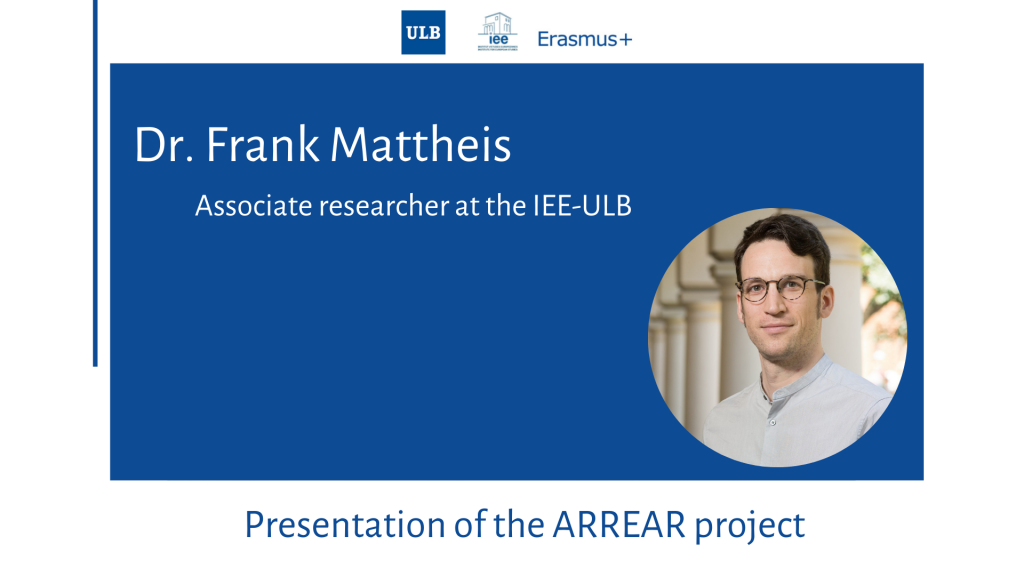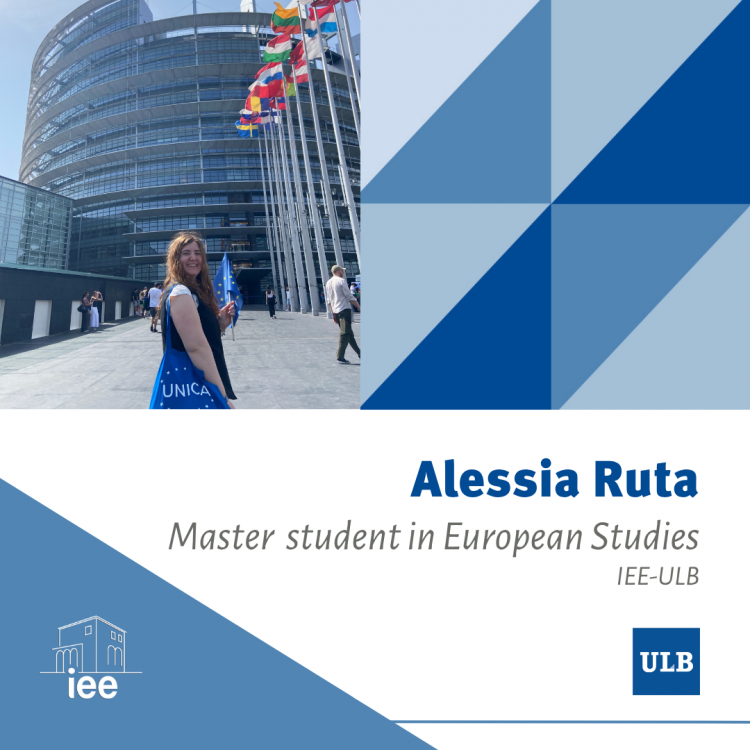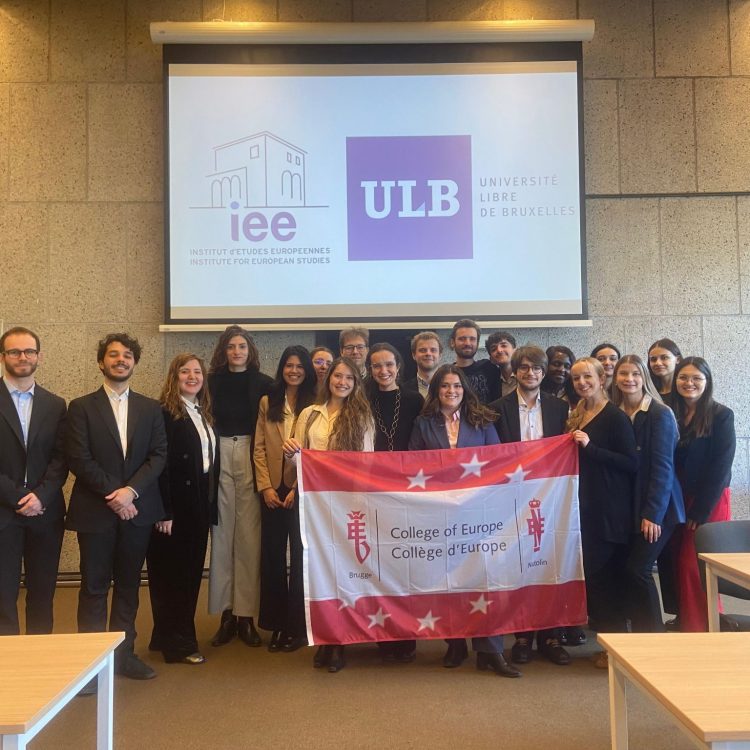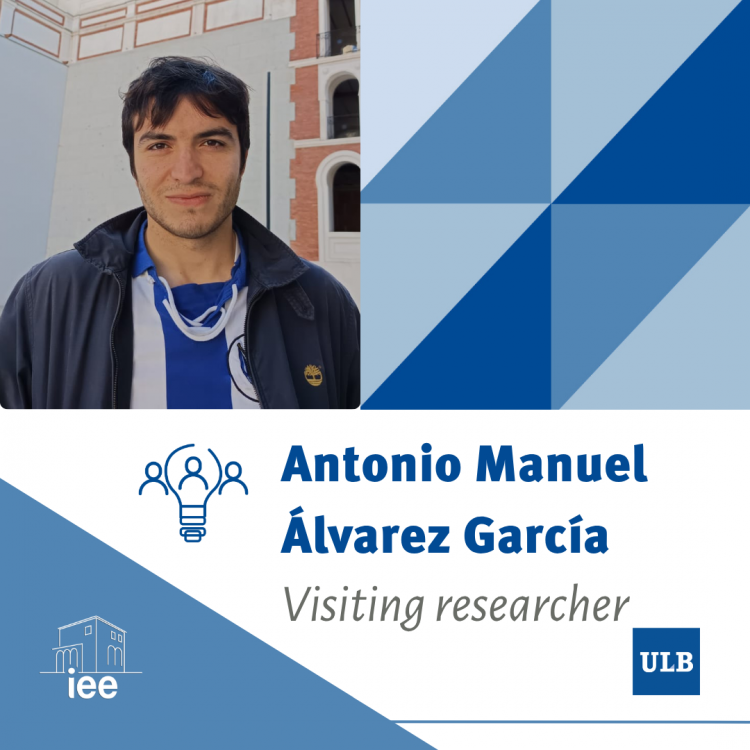Dr. Frank Mattheis, coordinator of the Jean Monnet Project ‘’ A reassessment of relations between the EU and African regionalisms (ARREAR) ‘’, presents the project in a short interview. The initiative is coordinated at the Institute for European Studies of the Université libre de Bruxelles (IEE-ULB) and co-organised with the UACES Network of EU-Africa Research (NEAR).
What is the project and which are its aims ?
ARREAR stands for ‘’A reassessment of the relationship between the EU and African regionalisms’’. We are looking into the relationship between Africa and EU, on the one side and the changes and evolution of the multiple regional organisations, regional agreements, etc, on the other hand. This is a moment where a lot of things are happening.
The Jean Monnet Project ARREAR is a co-coordinated project by my colleague, Elisa Lopez Lucia and myself, in joint collaboration also with Amandine Gnanguênon, associated researcher to the project. This is a two year project funded by the European Union and hosted at Institute for European Studies. The main idea is to cover the new trends in EU-Africa relations.
During two years, the main idea is to create a dialogue between academics with policy makers on the EU-Africa relationship.
What do you like the most about working on this project ?
What has been particularly pleasant in this project has been the team work with my colleagues and co-coordinator Elisa lopez Lucia and Amandine Gnanguênon. It has been great to complement each other and also to expand our networks but also getting a lot of support from the Institute. This is a big plus to be part of a very vibrant team but also getting to know more people working on areas in which I am not a specialist.
What are the key takeaways from each webinar ?
Over the last two weeks we have had a series of three webinars, all under the overarching topic of divergence and convergence in the relationship between the EU and Africa. We focused a lot on the new trends, on the hot topics that are happening at this moment. The first one was on the EU Sahel strategy, the Sahel which became over the last years one of the main geographic focus areas of the European Union.
The second webinar was on the Post-Cotonou agreement which has been signed last year, which is going to govern the trade and development aid relationship with most African countries in the next years.
And the third webinar was on the changing regional security coalitions that we see happening at the moment, so not only the Sahel but also most recently the discussions about how to intervene in Mozambique where there have been civil war going on for some time and how the EU will become engage, and who will be their regional partners.
The main takaway from all three webinars for me was how rapidly the regional configurations are changing.
We used to be in a period where we had for a long period of time the same regional partners and what we see over the years is the multiplication, that regional delineations are very fluid. There are new projects of what is the optimal region to work in order to solve a particular problem. It is changing rapidly and we need to keep tracked on that.
What is next for ARREAR ?
ARREAR’s main activities are events. We could not organise the events that we were originally planning last year due to the pandemic restrictions.
These three webinars were the first step towards a bigger event this year or next year which bringing both academics but also European and African policy makers on the topic. It will be a larger conference and policy dialogue to be hosted hopefully at the Institute for European Studies.
If you missed the webinars :
- Webinar 1 “The EU and the Sahel: New strategy, new instruments, new opportunities and problems?”, hosted by Elisa Lopez Lucia.
WATCH HERE - Webinar 2 ‘’ The Post-Cotonou agreement, towards a new era of partnership? ‘’ , hosted by Frank Mattheis.
WATCH HERE - Webinar 3 “Lessons learnt and challenges for building regional security coalitions in Africa”, hosted by Amandine Gnanguênon.
WATCH HERE




